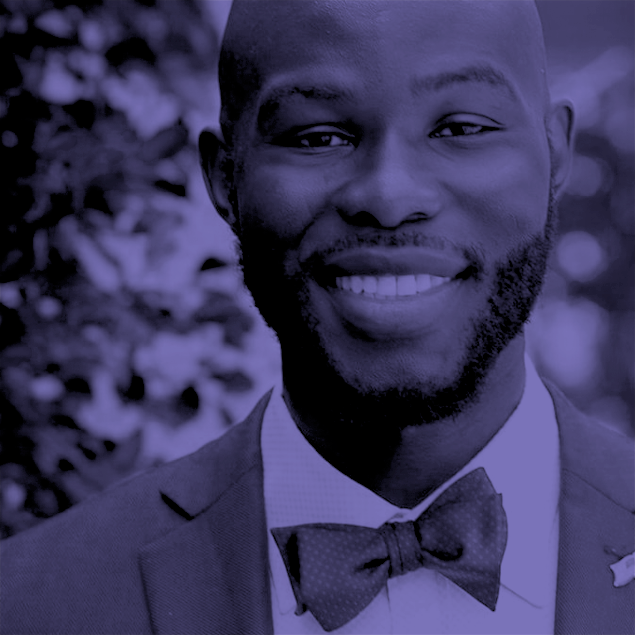
The Design Observer Twenty | Sponsored by IDEO
The Design Observer Twenty is our curated selection of twenty remarkable people, projects, and big ideas solving an urgent social need.
Innovarx, launched in Gambia in 2019, focuses on preventive health using a combination of physical pharmacies, mobile health delivery, telemedicine, data collection, and community outreach programs designed to weave together a set of services that are more likely to identify illnesses like hypertension and diabetes before they become deadly. “You can’t just replicate the U.S. system with a 500-bed hospital, dump it in Africa, and expect it to work. You have to meet people where they are.”
And they’re dying young. While the experience of poor, rural grandmothers may have a universal component, they are shockingly rare in Gambia. Most Gambians are under 18 and unlikely to make it to old age. “Less than .01% of our population is over 80 years old, and less than 3% of our population is over 65 years old,” Badjie says. A blood test for a dollar, a three-dollar-a-month medication could transform the health and prosperity of the country. “Most of the continent only has a relationship with health care in a time of crisis when health care is expensive. When it’s completely inaccessible, it becomes the situation of the haves and have-nots.”
You can’t just replicate the U.S. system with a 500-bed hospital, dump it in Africa, and expect it to work.
Dr. Ismail D. Badjie
Badjie spent years studying health systems in other parts of the world before he launched Innovarx, charting the rise of urgent care centers in Dubai, learning to navigate disparities in pharmaceutical manufacturing in India, and shopping for new medical devices in China. “It took me four years of incubating and market research, traveling to other countries, before I opened our doors in 2019.” The data they’re collecting now contributes to a broad picture of illness and opportunity. “Our electronic health record system can aggregate data from a population health standpoint that no traditional pharmacy could capture.”
The company also delivers peace of mind. “Some 60% of our revenue comes from people who don’t live in The Gambia,” Badjie says. They are Gambians like him, living abroad and worried about their loved ones. That’s part of what makes this personal. “Diseases like diabetes and hypertension ravaged my family,” he says. “I didn’t get to know most of my grandparents, aunts, and uncles because they died in their fifties.” But when his mother was diagnosed with hypertension, she was lucky — she had a son who was a pharmacist in the U.S., so she had access to good medicine and knew how to take it. Innovarx thrives because of a willing diaspora who loves their families. “This is what everyone should have.”
Essay by Ellen McGirt.
